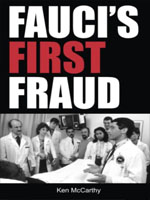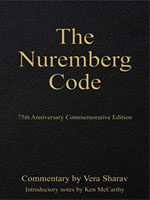Is organic food a fad
What the Standford study missed
Click here to support: The Real Food Channel
In September 2012, Stanford University unveiled a study that sent ripples through the food industry. Its findings asserted that there was no significant nutritional superiority of organic foods when compared to their conventional counterparts.
However, these findings sparked a crucial question: Did the study truly capture what most consumers value in organic foods? According to the consensus among those who prioritize organic choices, it seemed to miss the mark.
Even before the Stanford study, the seasoned food journalist Michael Pollan had raised a thought-provoking query: “Is organic food merely a passing fad?” This question lingered, emphasizing the importance of considering not just the nutritional aspects but the broader motivations that drive people to choose organic products.
The debate over organic foods extends beyond mere nutrient content, delving into a complex interplay of values, ethics, and environmental concerns. Let’s explore this multifaceted issue in more depth.
Here is Robyn O’Brien’s perspective on what was missing from the Stanford study.
Click here to support: The Real Food Channel
Brasscheck Books:
Censorship
Amazon #1
Political Freedom
Amazon #1
Law Ethics
& Responsibility
New Release
Financial Risk
Management
Amazon #1
New Release
Options Trading
Amazon #3
Best Seller
Business Ethics
Amazon #1
Human Rights Law
Amazon #1
Law Ethics &
Responsibility






